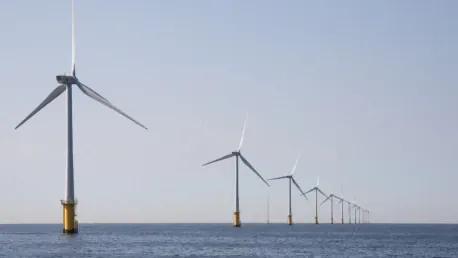
In a significant move to combat climate change, the United States has announced a new Nationally Determined Contribution (NDC) under the Paris Agreement, targeting a remarkable reduction in greenhouse gas emissions by 2035. This ambitious target focuses on decreasing net emissions by 61-66%

The electrification of off-highway segments in North America is set to undergo a significant transformation by 2029. This shift, driven by advancements in electric-powered equipment, economic and political factors, and substantial investments in battery technology, promises to reshape industries

In a recent school board meeting, several critical updates were provided on various initiatives and changes within the district. One of the key topics discussed was the progress of green initiatives, with a strong emphasis on promoting sustainability and environmentally friendly practices within

The Canadian government has unveiled its target to reduce greenhouse gas (GHG) emissions by 45-50% by 2035, using 2005 levels as a baseline. This initiative is part of Canada’s broader strategy to achieve net-zero emissions by 2050, aligning with the Paris Agreement and the Canadian Net-Zero E

The adoption of renewable fuels, particularly hydrogen-derived fuels known as RFNBOs (Renewable Fuels of Non-Biological Origin), in the shipping and aviation sectors is a critical step towards achieving sustainability. However, the transition is hindered by the economic advantage of cheaper,

Challenges loom large for East Coast states in the U.S. as they strive to meet their clean energy mandates and reduce carbon emissions through offshore wind power projects. These states, which include Connecticut, Maine, Maryland, Massachusetts, New York, North Carolina, Rhode Island, and Virginia,